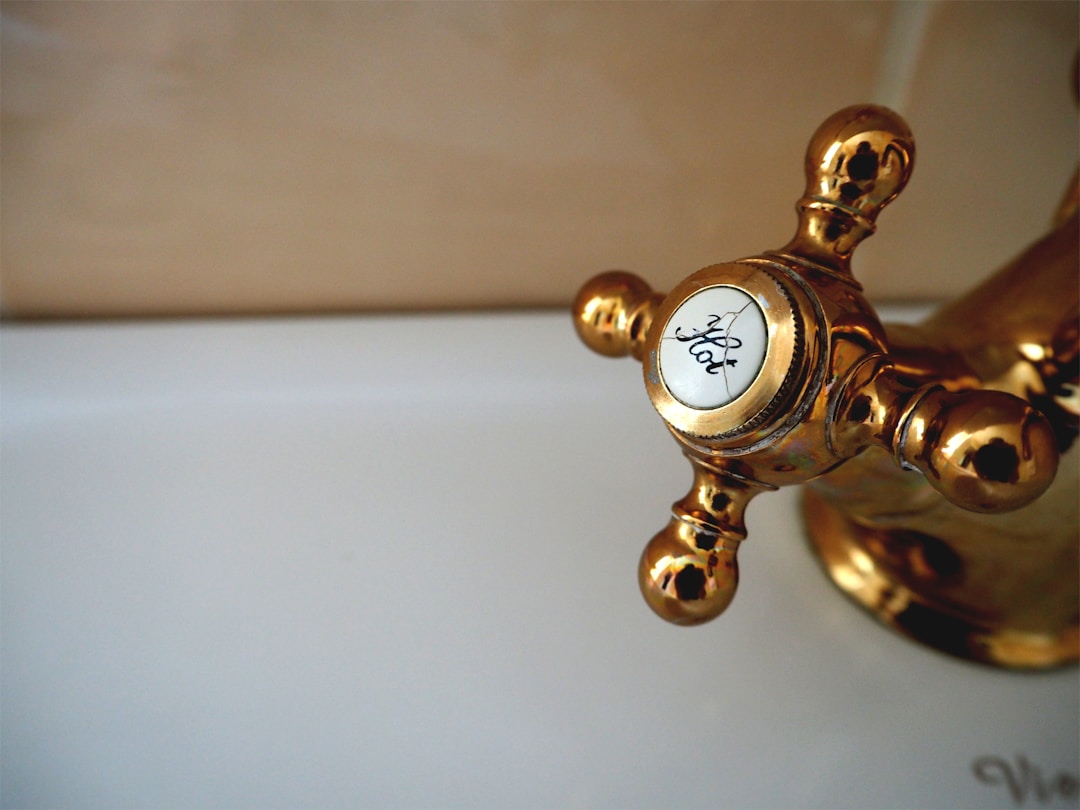Your water heater is a crucial part of your home, and the impact of having it break down is felt immediately. There’s no fun in going without a hot shower, and a failing water heater can leave you struggling to get through another frigid start to the day.
However, there are ways to know when it may be time for a new water heater, as the clock winds down on the lifespan of your current heating unit.
Traditional vs. Tankless Water Heater

Even if your water heater isn’t on its last legs, it doesn’t hurt to consider the long-term investment of a water heater replacement. This will save you time and prevent you from making the wrong choice as a homeowner when an emergency does arise. This assessment is a good time to consider the values between traditional units and tankless water heaters.
Traditional heaters have a tank that stores and pre-heats 30 to 50 gallons of water, refilling once it runs out of water, making it a larger appliance. Tankless heaters are smaller and warm up water on demand, not retaining any storage. While a traditional water heater can run 10 to 15 years, some tankless units have been found to have a lifespan of 20 years or more.
The Lifespan of a Water Heater

As mentioned, it is important to consider the type of water heater you have and how long it has been a part of your household. The earliest warning sign that your heater is having issues is a higher utility bill, as your unit is expending extra energy to provide the same amount of hot water it always did.
A leaking water heater will need an immediate replacement, as a neglected leak in a heater can actually lead to a tank explosion because of high water pressure. Signs of leaks include moisture or puddles around the unit’s base and water corrosion on the side of your tank. Rust-colored water can determine the need to replace the water heater’s anode rod or the water tank itself due to corrosion, while cloudy water can indicate significant sediment build-up, clogging a tank water heater.
Size of the Heater

Whatever the type of water heater you have or might be looking into, the size of the unit should be designed for your household. If you have a large family, you may need a larger heating unit to accommodate the amount of hot water being used. Regardless of how many gallons a tank can retain, it should be drained, flushed, and cleaned at least twice a year. This will prevent sediment buildup caused by lime and mineral deposits.
Tankless water heaters require less maintenance and can be more beneficial in the long run, with easier installation and less space needed for this appliance.
The Cost of a New Water Heater and Savings

It helps to cover getting a new water heater before you find yourself splurging for one in case of emergency. Traditional units are cheaper and cost less to install, but take longer to heat and reheat water, and could have an issue heating things up and causing harmful bacteria to buildup in that stagnant, cold water. However, tankless water heaters are up to 34% more energy-efficient than a traditional water heater and could end up having an immediate impact on your energy bills.
Doing what’s best for your house can be tricky, but be sure to consult your neighbors or local neighborhood association for how to deal with the situation. A safe household for all is just one of the ways to make your neighborhood safer. This can include starting a neighborhood watch to be wary of risks or potential robbery, or even just the creation of some camaraderie from a block party or a chat on the front porch.



